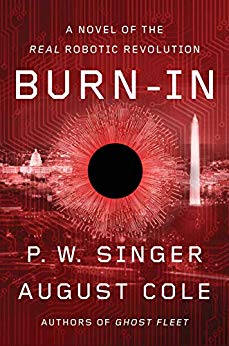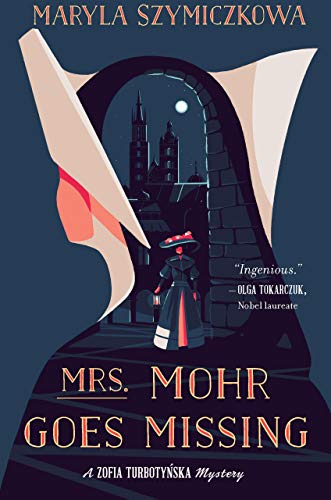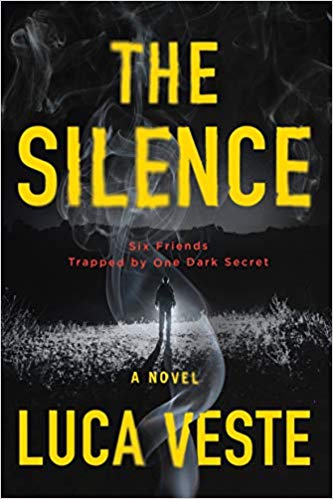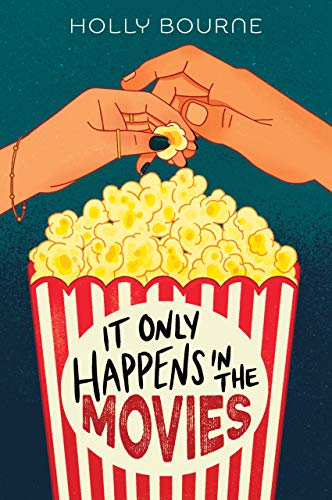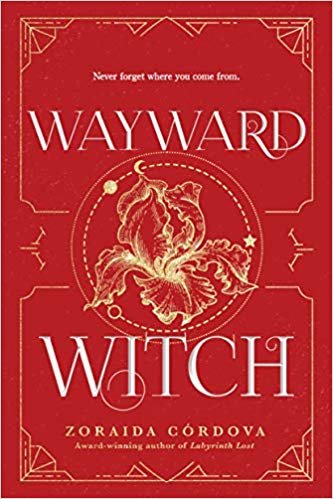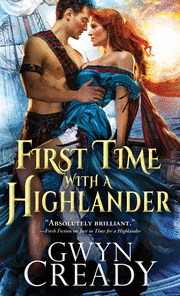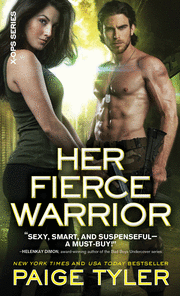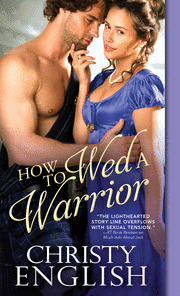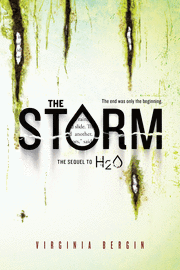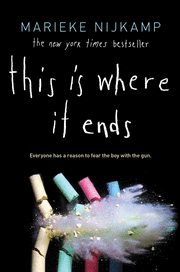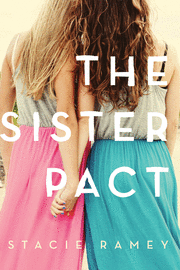Editing
Copyediting requires attention to every word in a manuscript, a thorough knowledge of the style to be followed, and the ability to make quick, logical, and defensible decisions. This type of editing is usually undertaken when a manuscript is being prepared or has been accepted for print or online publication, or when you are feeling very confident in the content and development of the work and are ready to submit to agents.
Line editing is more substantive. A line edit will focus on how you use language and present your story to readers. A line edit will not comb the manuscript for errors. It is a stage between copyediting and developmental editing, where I'll look at the tone, atmosphere, descriptions, and emotion of the book. If you have trouble showing, not telling; truly evoking emotion; describing things without using cliches; and ratcheting up the tension, line editing can help.
For either type of editing, you need someone who knows the rules but also knows when to ignore them. I use Chicago Manual of Style and Merriam-Webster for most of my editing—many of the publishers I work for use these as part of their house styles—and then take into account the author's tone and style, the genre of the work, and the demographic to inform when to toss the rules out the window. If you're still unsure what type of editing you would like, feel free to email me or check out this guide from Editorial Freelancers Association.
AT PRESENT I AM NOT ACCEPTING NEW CLIENTS FOR LINE/COPYEDITING
Line editing is more substantive. A line edit will focus on how you use language and present your story to readers. A line edit will not comb the manuscript for errors. It is a stage between copyediting and developmental editing, where I'll look at the tone, atmosphere, descriptions, and emotion of the book. If you have trouble showing, not telling; truly evoking emotion; describing things without using cliches; and ratcheting up the tension, line editing can help.
For either type of editing, you need someone who knows the rules but also knows when to ignore them. I use Chicago Manual of Style and Merriam-Webster for most of my editing—many of the publishers I work for use these as part of their house styles—and then take into account the author's tone and style, the genre of the work, and the demographic to inform when to toss the rules out the window. If you're still unsure what type of editing you would like, feel free to email me or check out this guide from Editorial Freelancers Association.
AT PRESENT I AM NOT ACCEPTING NEW CLIENTS FOR LINE/COPYEDITING

